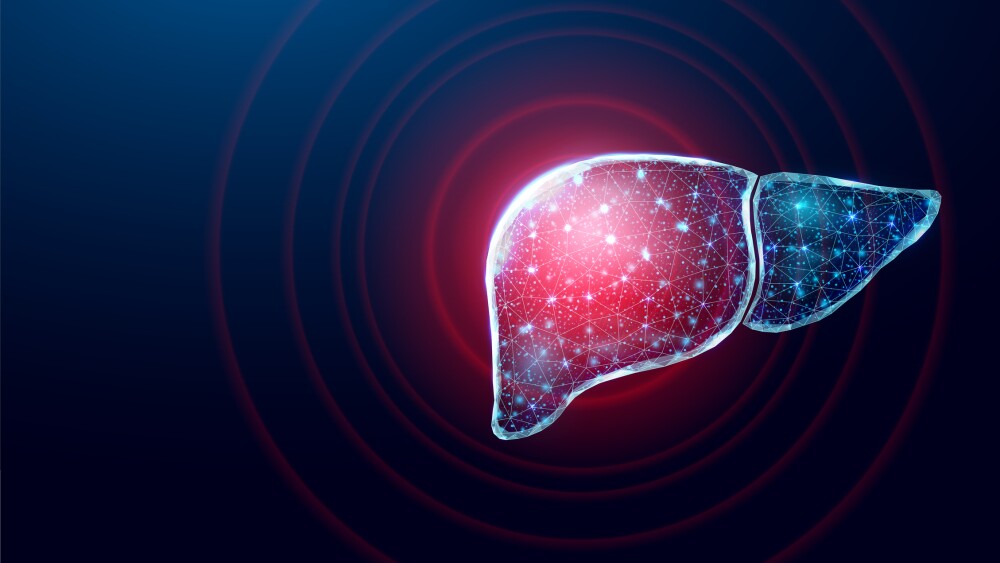Janssen reported analyses in which STELARA is showing promising results as a first-line therapy for Crohn’s Disease (CD) and Ulcerative Colitis (UC).
Monday morning’s press atmosphere produced a shower of announcements from ERYTECH and the Janssen Pharmaceutical Companies of Johnson & Johnson, as each reported the results of their respective research.
Based in France, ERYTECH is a clinical-stage biopharmaceutical company focused on using its proprietary ERYCAPS platform to develop creative therapies for rare cancers and orphan diseases. Eryaspase, its chief therapeutic candidate, was recently studied in a Phase III clinical trial as a treatment for second-line advanced pancreatic cancer.
While the trial ultimately did not meet its primary endpoint of overall survival, patients treated with eryaspase demonstrated better disease control than patients treated only with chemotherapy. Additionally, eryaspase’s safety profile was consistent with the results of previous clinical trials and safety reviews.
A subgroup of patients treated with eryaspase and an irinotecan-based chemotherapy showed a trend of small but noticeable survival benefit. However, patients being treated with gemcitabine and nabpaclitaxel did not exhibit any survival benefit from the addition of eryaspase, a contrast which ERYTECH noted might deserve further investigation.
The company now plans to focus on its late-stage program in acute lymphoblastic leukemia (ALL) and continue to work toward approval in hypersensitive ALL based on the promising results of its Phase II trial. This is in accordance with the company’s original plan to submit a Biologics License Application before the end of 2021.
Meanwhile, Janssen reported analyses in which STELARA® (ustekinumab), an interleukin (IL)-12 and IL-23 inhibitor, is showing promising results as a first-line therapy for Crohn’s Disease (CD) and Ulcerative Colitis (UC) in bio-naïve patients. This announcement referenced two different studies involving STELARA: the first as a treatment for UC, and the second as a treatment for CD.
“These analyses in ulcerative colitis and Crohn’s disease expand the body of data for STELARA and give us insight into treatment sequencing and persistence rates, which are important when assessing biologic therapy options for patients. The data are informative because patients with inflammatory bowel disease can demonstrate a short-term clinical response and improvement with therapy and then lose response,” said Dr. Jan Wehkamp, M.D., vice president and gastroenterology disease area leader at Janssen Research & Development.
The results of the UC study suggested that STELARA is more effective as a first-line advanced therapy than as a second or third-line therapy. This was reflected by the amount of time a patient spent in remission or response, as well as the postponing of surgery.
When used as a first-line treatment, STELARA patients spent about 8.5 months in remission over one year, 23.1 months over three years and 32.2 months over five years. However, when used as a second-line treatment, STELARA patients only spent about 7.9 months in remission over one year, 14.5 months over three years and just 17.5 months over five years.
The second study in CD suggested that a higher proportion of patients who started on STELARA were persistent on therapy than patients who started on adalimumab. This includes patients who were persistent on therapy and corticosteroid-free, as well as patients who were persistent and on monotherapy. Patients who started on STELARA rather than adalimumab had a 50% higher rate of persistence, a 17% higher rate of persistence and being corticosteroid-free and a 47% higher rate of persistence on monotherapy.





